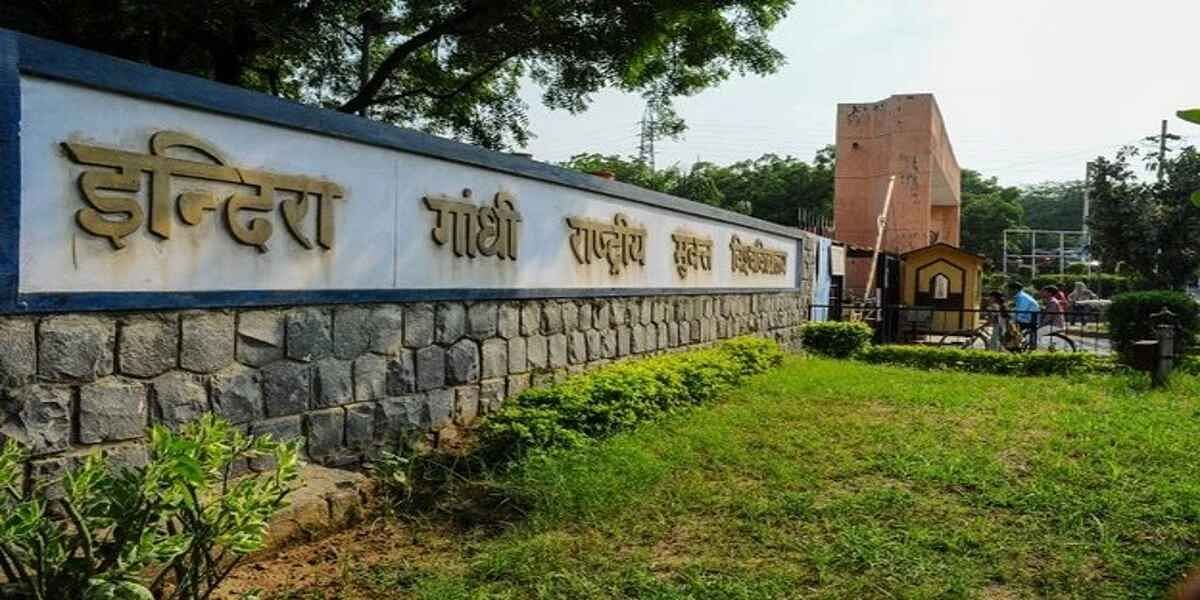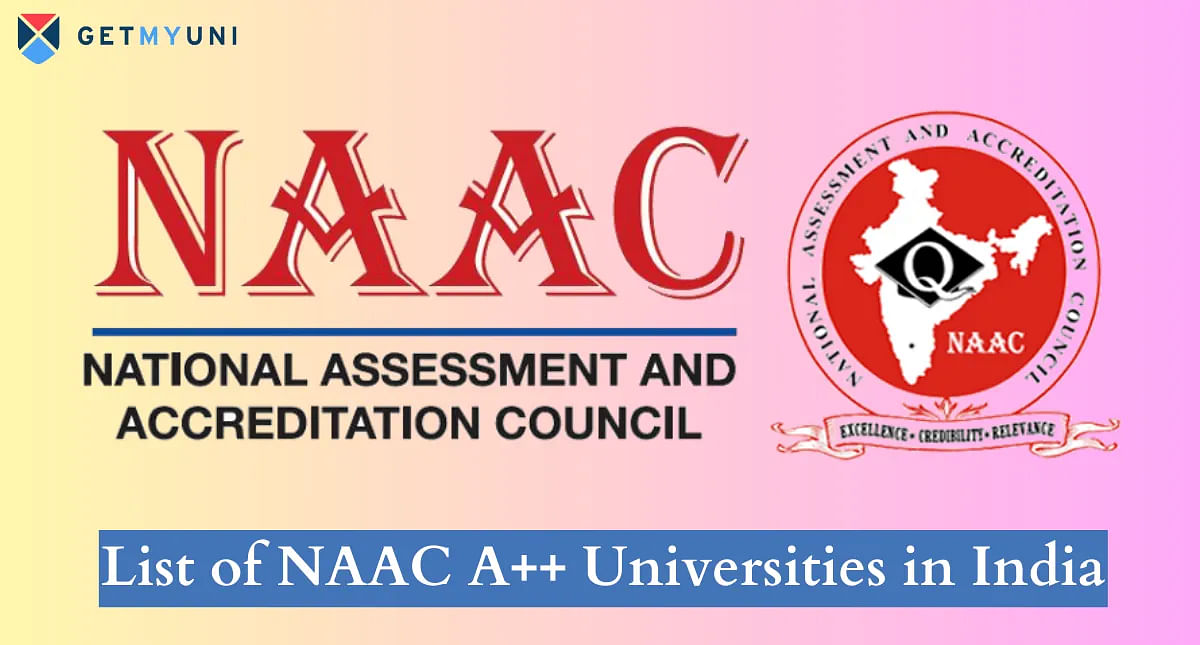Diploma vs. degree programs can be comprehended on multiple factors like career focus, job opportunity, course duration, and skill set expertise the student is interested in acquiring.
The diploma vs degree course can be understood simply as a diploma is a short-term program for a duration of 6 months to 1 year intended for learning a specific skill-set. The degree course is a long-term program with a duration of 2 to 5 years that emphasizes subject expertise and career advancements like post-graduation or professional certifications programs.
Choosing which type of program is better depends upon multiple factors like duration, eligibility, and job opportunities, and these factors should be considered before deciding which program is better.
Key Difference Between Diploma And Degree
The critical difference between a diploma vs degree is explained in a tabular format for more excellent compatibility:
| Particulars | Diploma | Degree |
| Eligibility | High school | High school / Graduation |
| Study duration | 6 months - 1 year | 3 - 5 years |
| Higher education | There are fewer chances for higher education and career advancement as it is more concise and specific field-oriented. | Have multiple opportunities for higher education and career advancements like post-graduation or professional certifications. |
| Administrative Authority | Institutions/ Colleges/ Universities | Colleges/ Universities |
| Study Mode | Online/ Offline | Online/ Offline |
| Flexibility | Less | More |
| Examination Pattern | Half-yearly | Semester-wise/ Annually |
| Fee | Comparatively cheaper | Comparatively Higher |
| Job opportunities | Less | Greater |
| Salary | Comparatively lower | Comparatively Higher |
| Career focus | More focused on a specific field or industry | Wide-based and may offer opportunities to explore multiple areas or industries |
What Is A Diploma Course?
A diploma course primarily focuses on specialized academic programs offered by educational institutions like colleges and vocational training centers. Diploma programs are intended to teach students specific skill sets, education, and practical experience in a particular subject or field.
- Diploma programs are often shorter and frequently vary from 3 months to 6 months in nontechnical fields; for technical fields, it is from 1 to 2 years in duration.
- Diploma programs strongly emphasize practical instruction, and abilities immediately valuable for the workshops, labs, and experimental projects are frequently included in the curriculum.
Some popular diploma programs are:
- Diploma in Business Administration
- Diploma in Marketing Management
- Diploma in Human Resources Management
- Diploma in Entrepreneurship
- Diploma in Retail Management
- Diploma in Hotel and Hospitality Management
- Diploma in Graphic Design
- Diploma in Photography
- Diploma in Fine Arts
- Diploma in Fashion Design
Also Check: List of Diploma Courses after 10th 2023
What Is A Degree Course?
A degree course is an academic course offered by educational institutions like universities and colleges and, upon successful completion, results in the award of a degree. Degrees are more advanced credentials that give students expertise in a particular field.
- Degree programs help students develop their critical thinking abilities and a greater capacity to use what they have learned in practical situations.
- Degree programs encompass a variety of topics, including business, engineering, social sciences, health sciences, and the arts, sciences, and humanities.
Various levels of Degree courses:
- Bachelor's Degree- A foundational program of 4 years in a particular profession is called a bachelor's degree.
- Masters Degree- An Upper graduate-level program offering expertise and in-depth knowledge in a specific field is a master's degree.
- Doctoral degree (Ph.D.): The highest academic honor.
Also Check: Explore Course by Stream
Advantages Of Diploma Course
The advantages of diploma courses are listed below, considering all the essential parameters for better student analysis:
- Shorter Duration: Compared to degree programs, diploma courses are often shorter, allowing you to enter the workforce more quickly.
- Practical Skills: Diplomas frequently include helpful instruction and skills that are immediately valuable for particular professions or industries.
- Focused Learning: Diploma programs allow you to become an expert in a particular field or set of abilities since they are specialized and narrowly focused.
- Cheaper Cost: Compared to degree programs, diploma courses typically have more affordable tuition costs and other related expenses.
- Flexible Entry: Admission requirements for diplomas are frequently more open-ended and may not necessarily need a high school diploma or scores on standardized tests.
- Fast Career Entry: Diplomas offer a route to entry-level jobs in various industries, assisting you in beginning your career sooner.
Advantages Of Degree Course
The advantages of degree courses are listed below, considering all the essential parameters for better student analysis:
- Education that covers a wide range of subjects, including general education: degree programs give a more extensive and complete education that covers a wide range of topics.
- Deeper Understanding: Degrees give you a better grasp of disciplines and themes, enabling you to investigate things more deeply.
- Better Earning Potential: Compared to those with diplomas, those with degrees often have a better earning potential throughout their careers.
- More Career Possibilities: A degree opens the door to various employment possibilities, including more senior roles and occupations requiring advanced knowledge.
- Progress: Some professions, such as becoming a doctor, lawyer, or engineer, require specialized degrees for advancement.
- Specialization: Master's and doctorate programs allow for specialization in particular fields within a discipline.
Disadvantages Of Diploma Course
The disadvantages of diploma courses are listed below, considering all the essential parameters for better student analysis:
- Limited Advancement: People with merely a diploma may have little prospects for advancement in several industries, making it difficult to rise to higher-level positions.
- Narrower: The scope of a diploma may be limited if you desire to change occupations or industries because it offers specific training.
- Lower Initial Earning Potential: People with diplomas frequently have lower starting incomes than those with degrees, particularly in specific professions.
- Less Popularity: In some fields where a degree is a mandatory prerequisite, diplomas may need to be more well-known.
- Diplomas offer a different amount of intellectual depth than degree programs, which impacts your comprehension of more abstract ideas.
Disadvantages Of Degree Course
The disadvantages of degree courses are listed below, considering all the essential parameters for better student analysis:
- Longer Duration: Degree programs typically call for a more significant time commitment, which puts off starting a job.
- More significant Cost: Compared to earning a diploma, the cost of making a degree, which includes tuition and living expenses, can be significantly greater.
- Many degree programs have tighter entry requirements, such as high school diplomas and scores on standardized tests.
- Time Commitment: Degree programs require a sizable time commitment, making it challenging to juggle a job or other obligations with study.
- Advanced degrees (master's and doctoral) might call for more dedication and extra years of study and research, which could delay entry into the workforce.
- Education Duplication: Courses in degree programs that are not explicitly related to your job path may be included, adding time to the process.
Which Is Better: Diploma or Degree Course?
Students sometimes need clarification in choosing a diploma vs degree. Students' preferences should depend on numerous factors like personal and professional ambitions, financial situation, and time limits.
- A diploma program concentrates more on practical skills training and can take less time and money to finish than a degree program.
- When choosing between a diploma vs degree one must understand both open up a variety of chances at entry-level, mid-level, or higher-level positions in numerous industries.
- Degree programs typically take longer and are costlier but offer a broader education and more employment options than diploma programs.
- Students who want to pursue a graduation degree have greater chances of higher education than a diploma program, which is a valuable alternative, and students must be careful in choosing whether a diploma or degree program is the right to choose.
- It is crucial to assess the objectives before thinking about the differences between a diploma vs degree and which is preferable to obtain.










